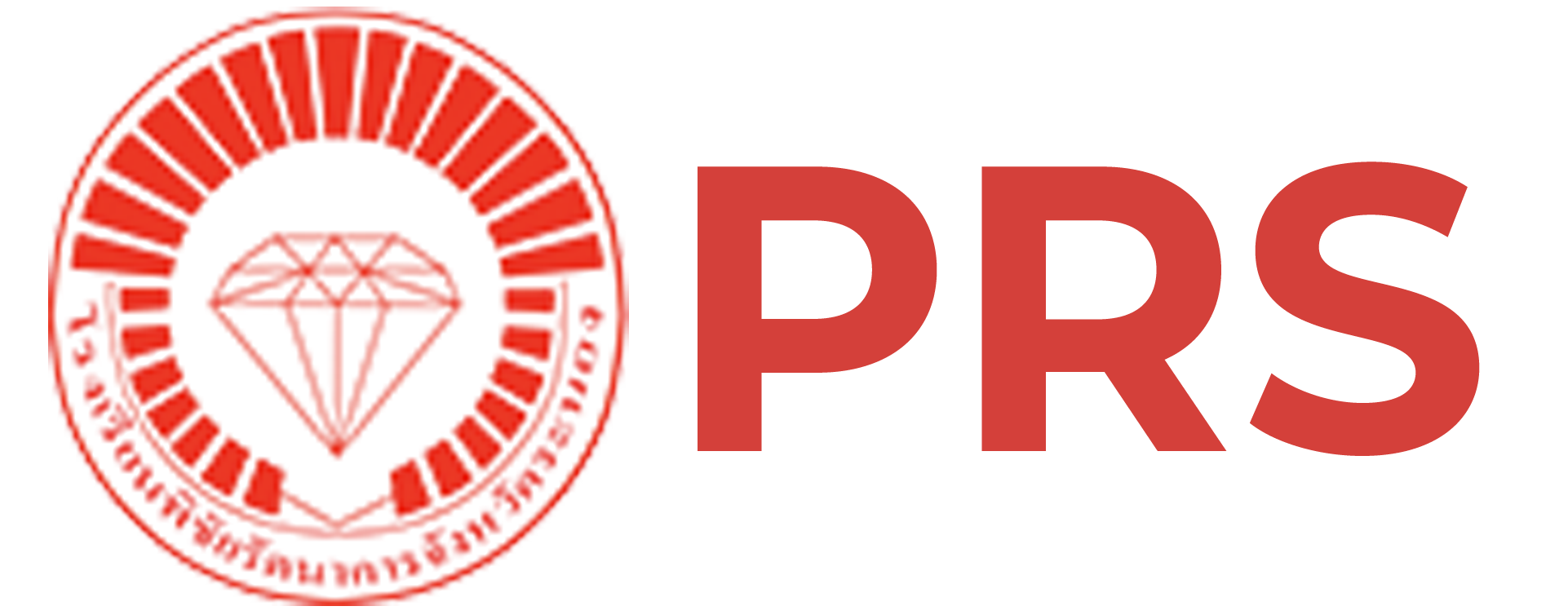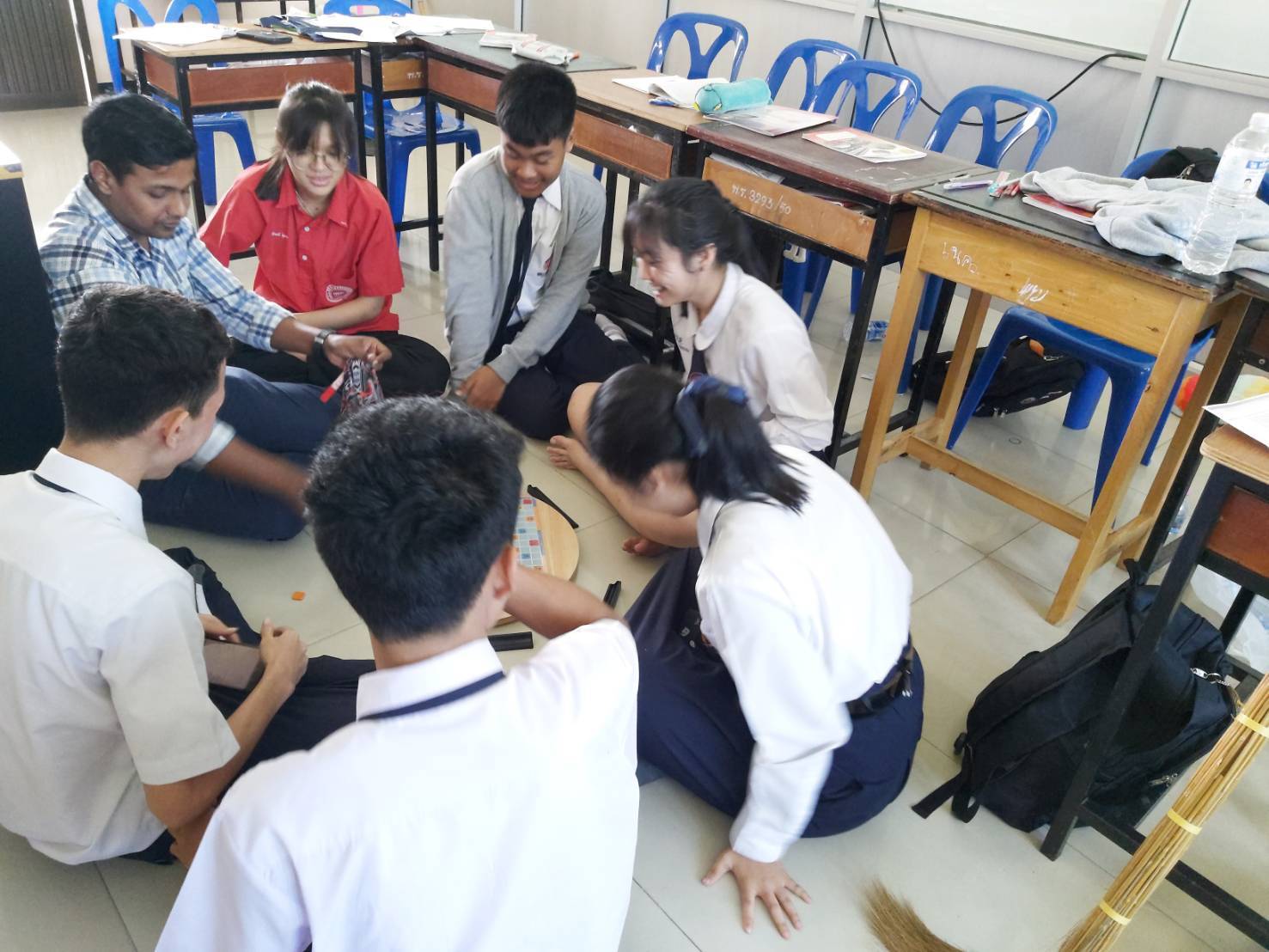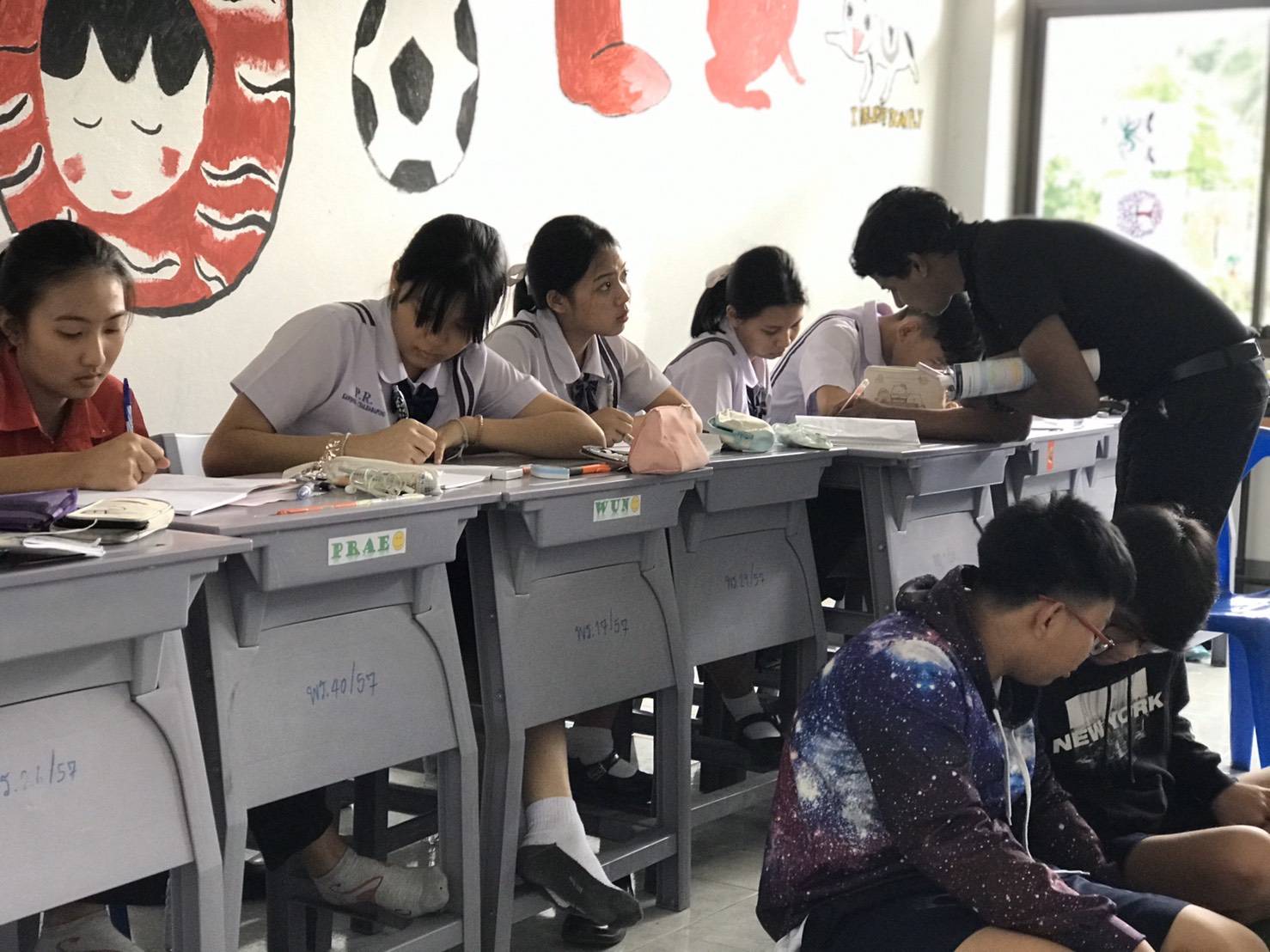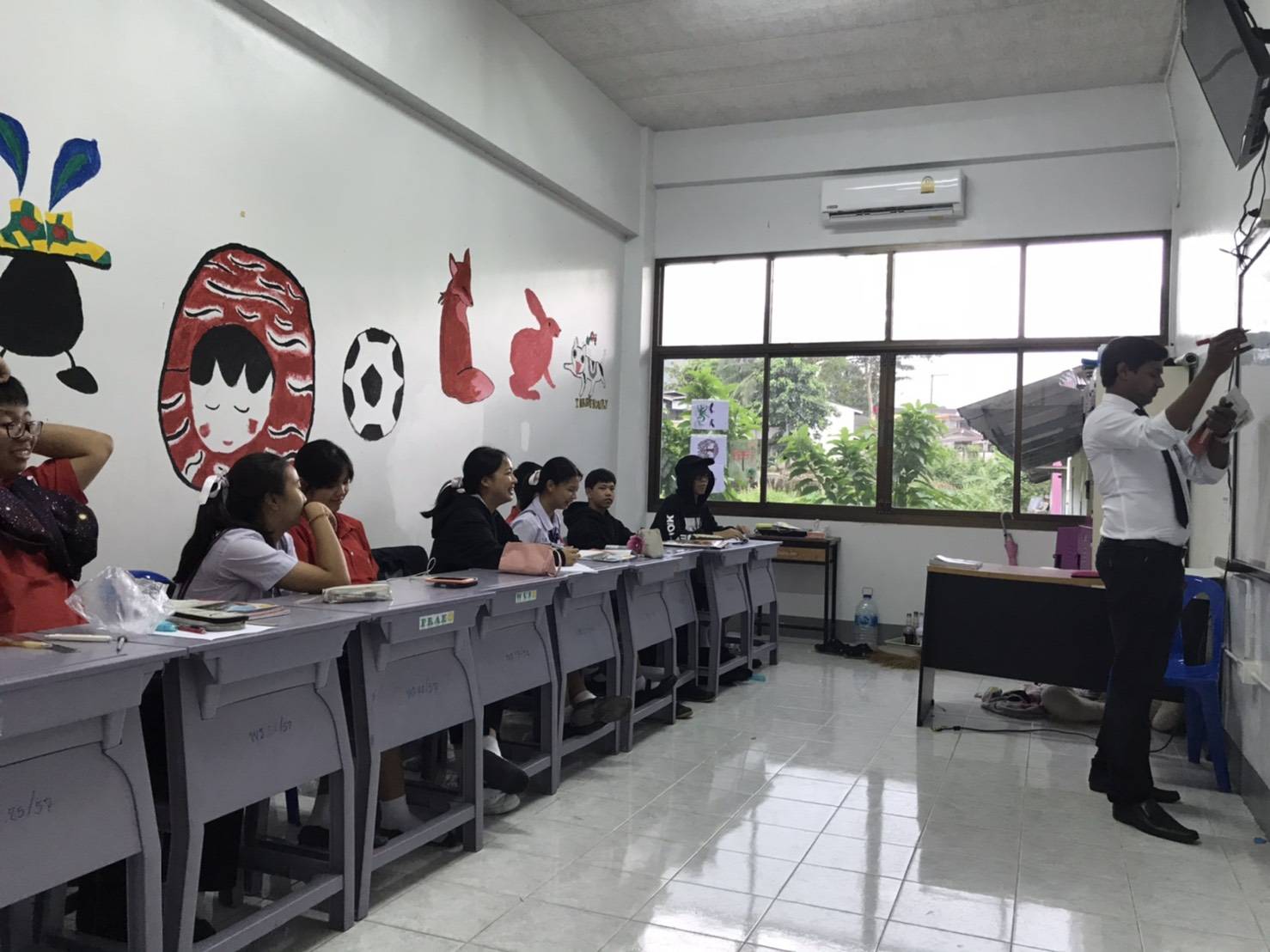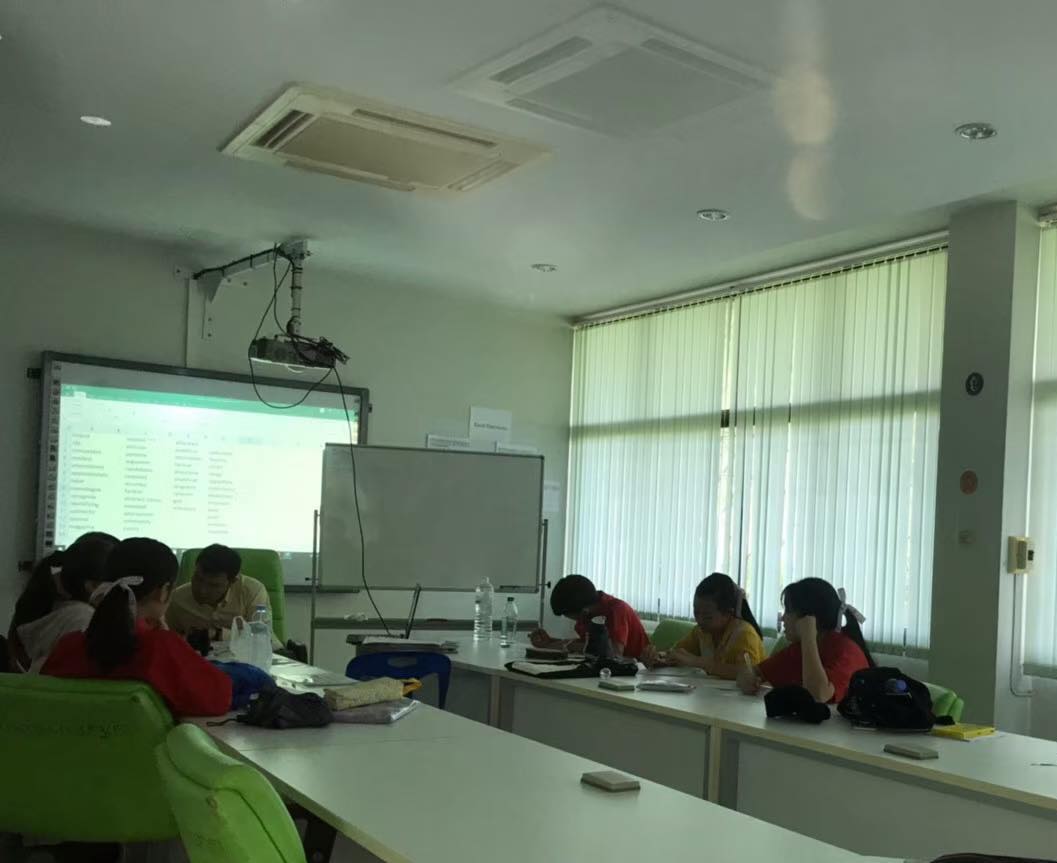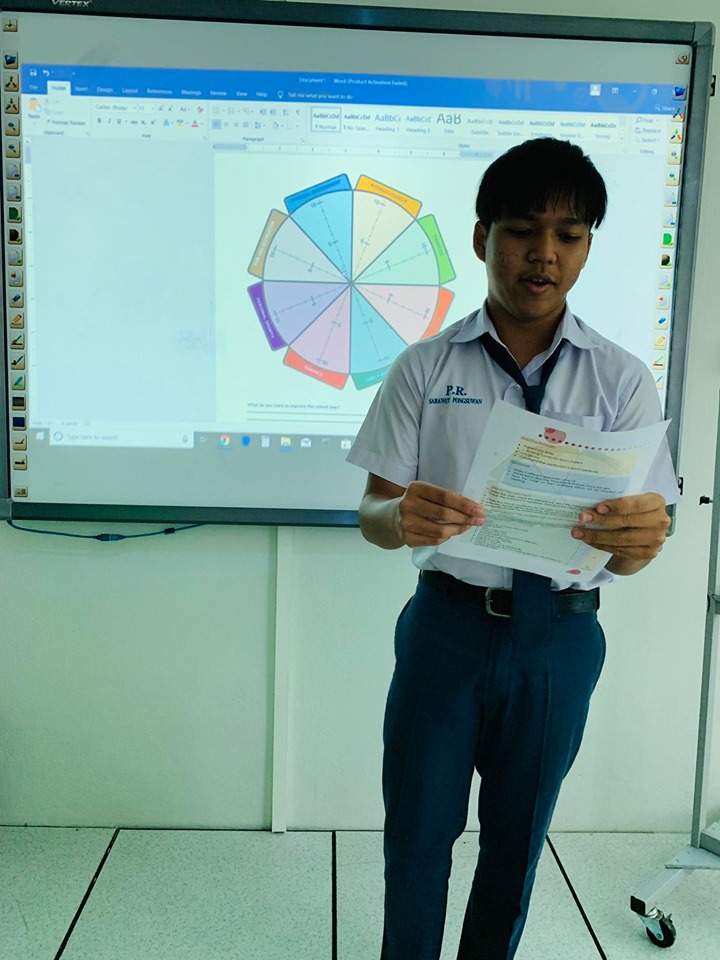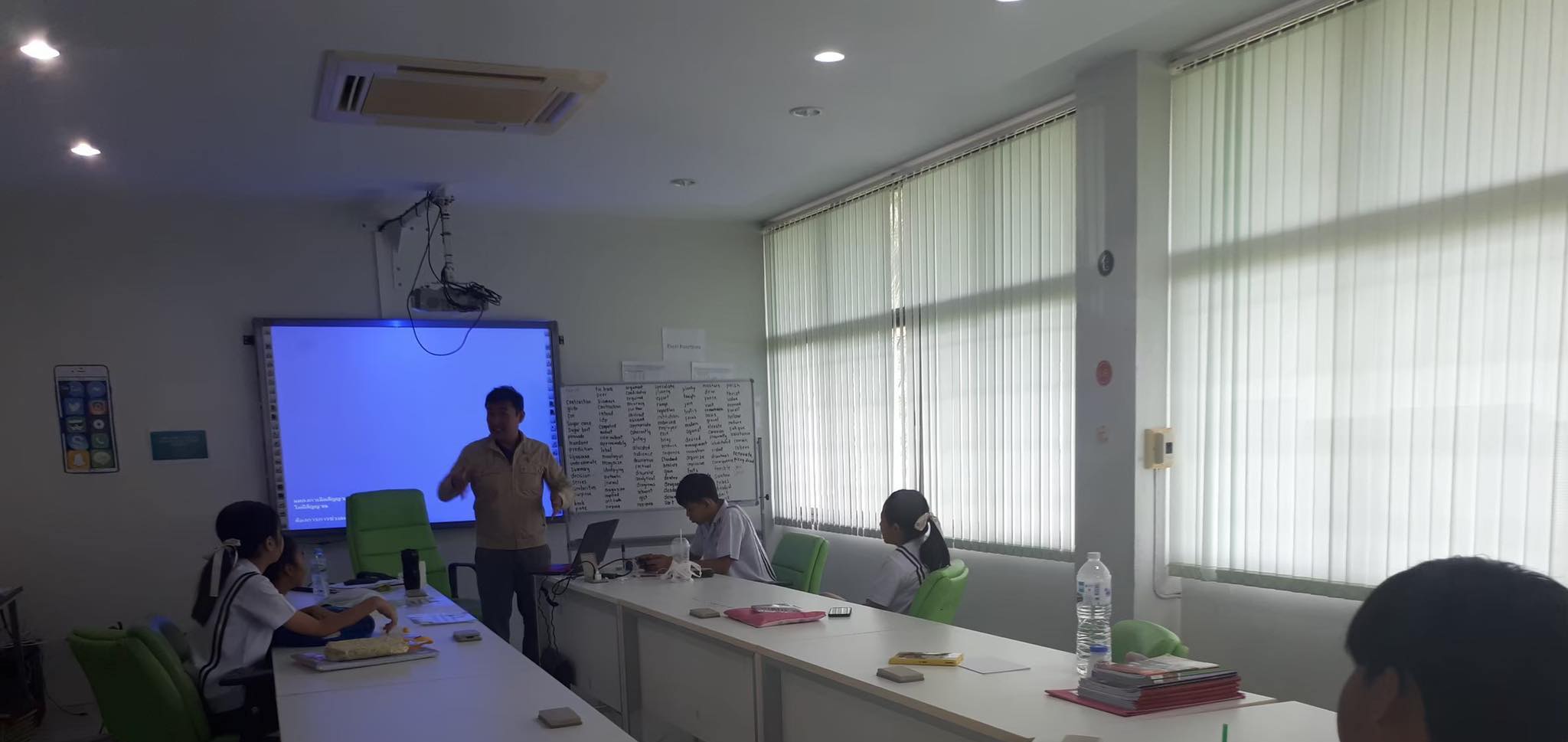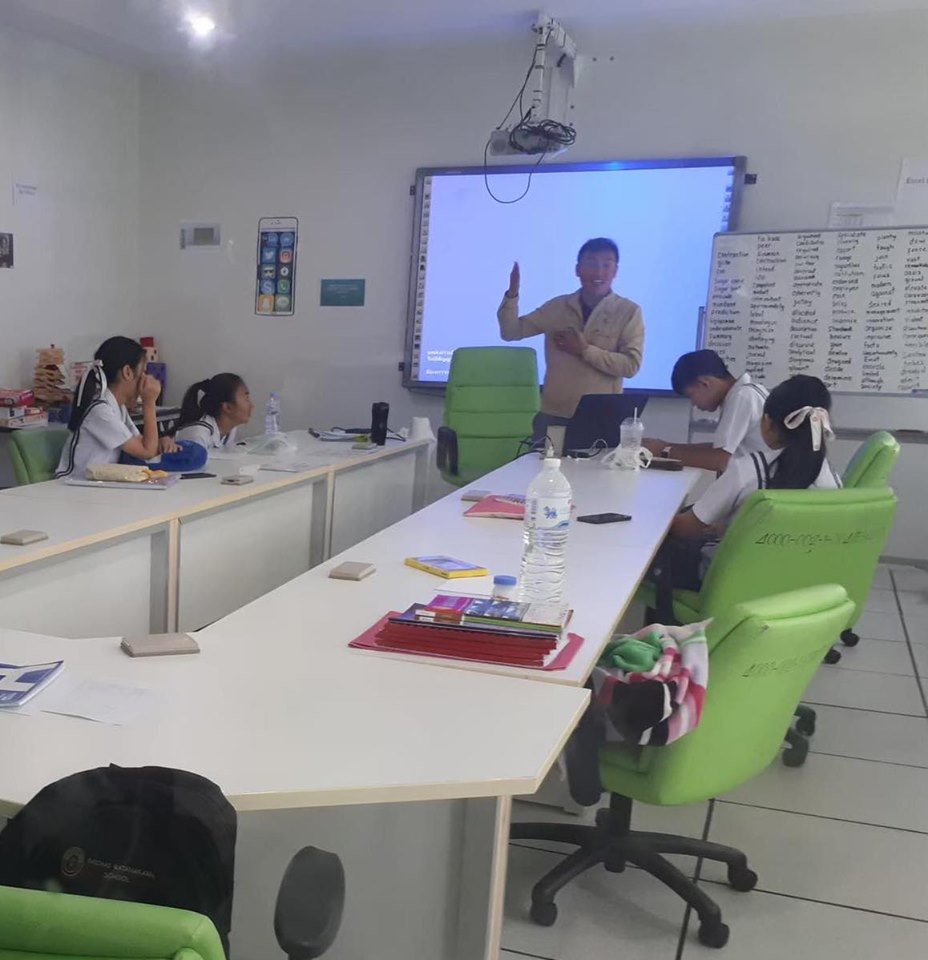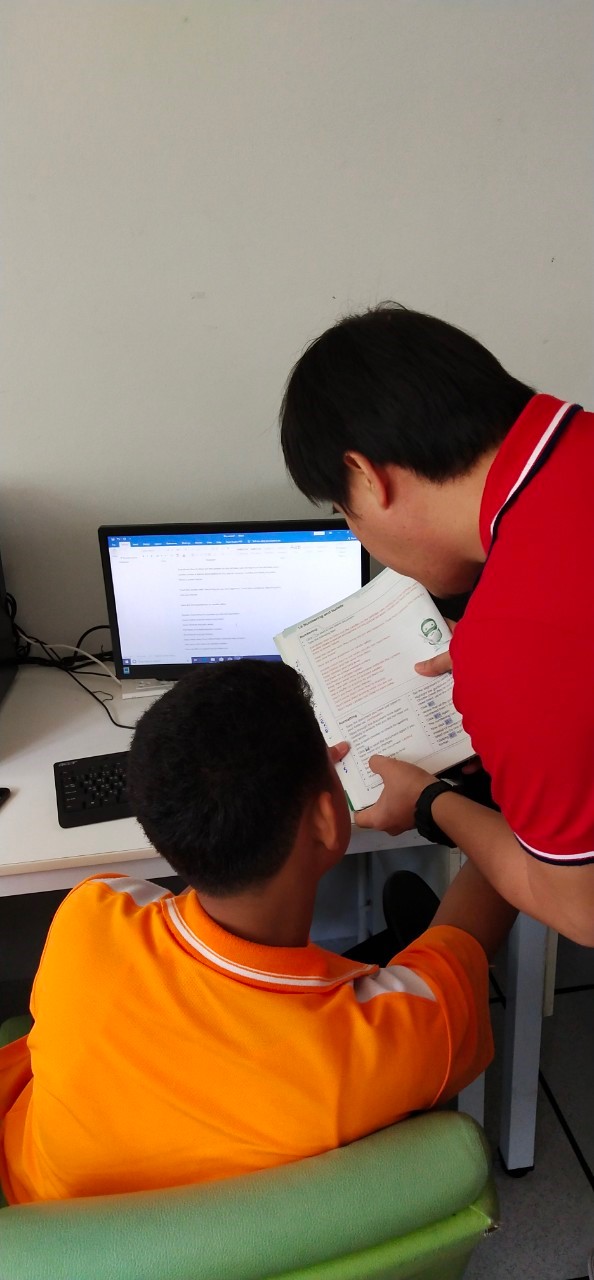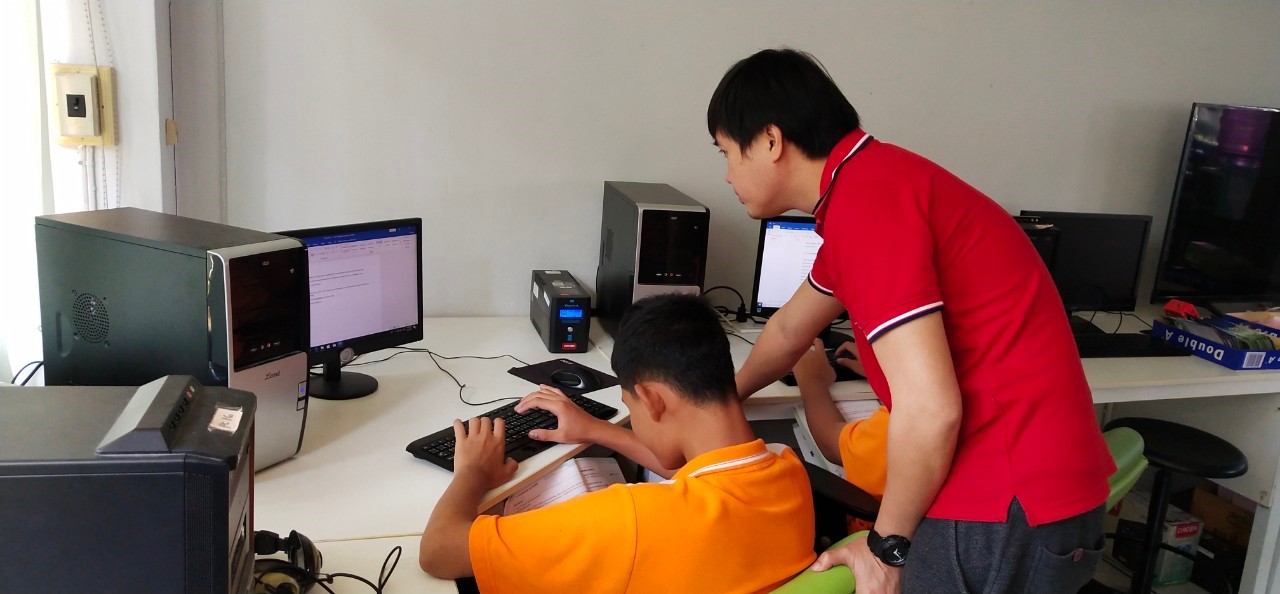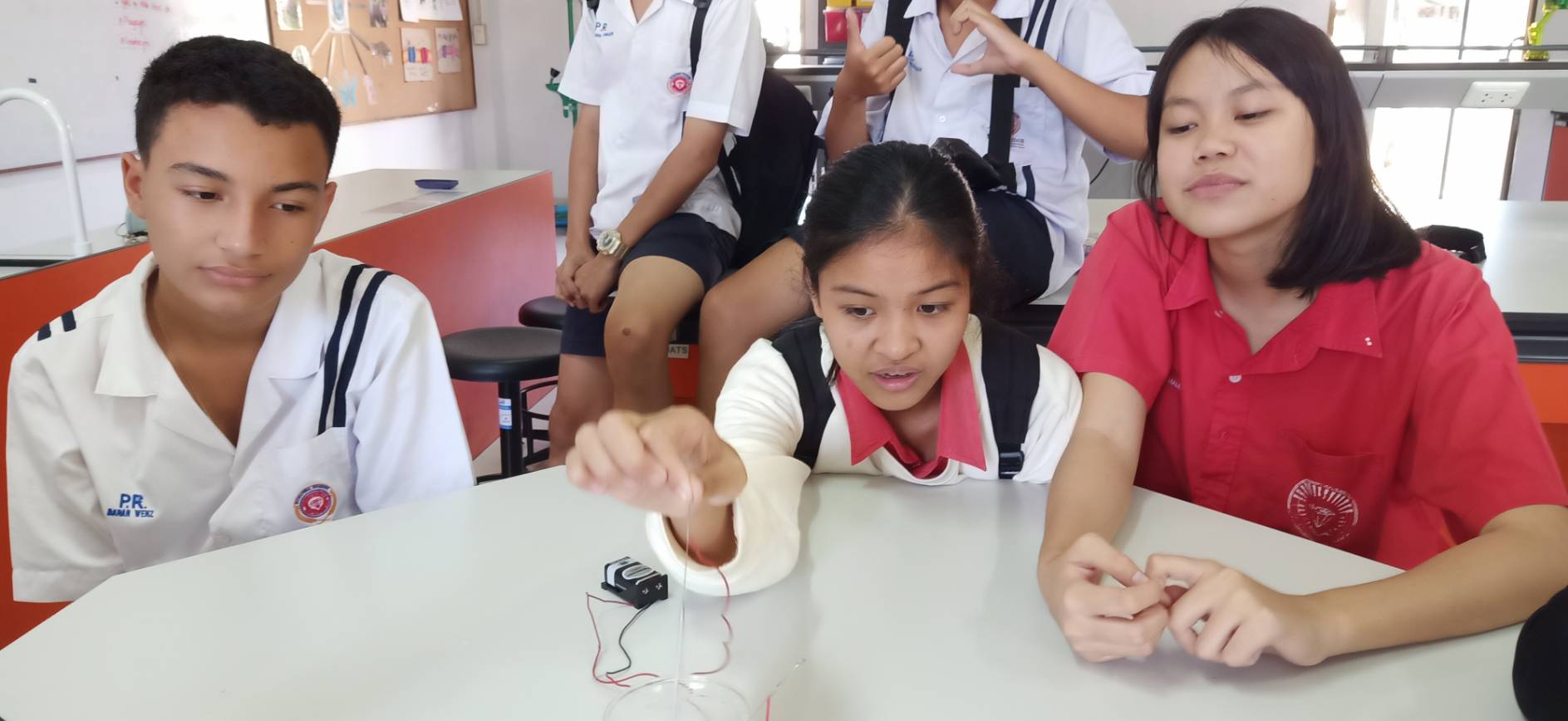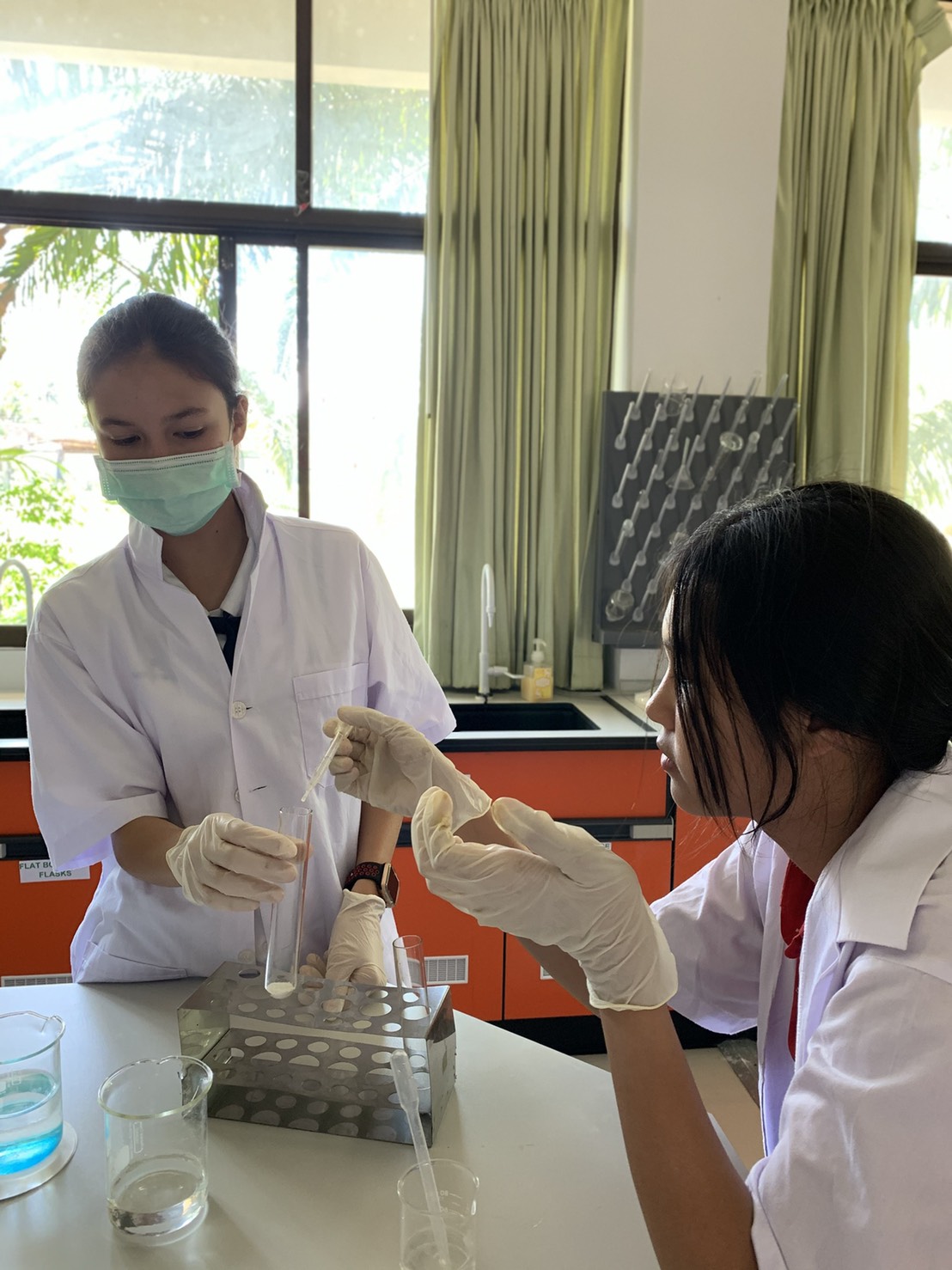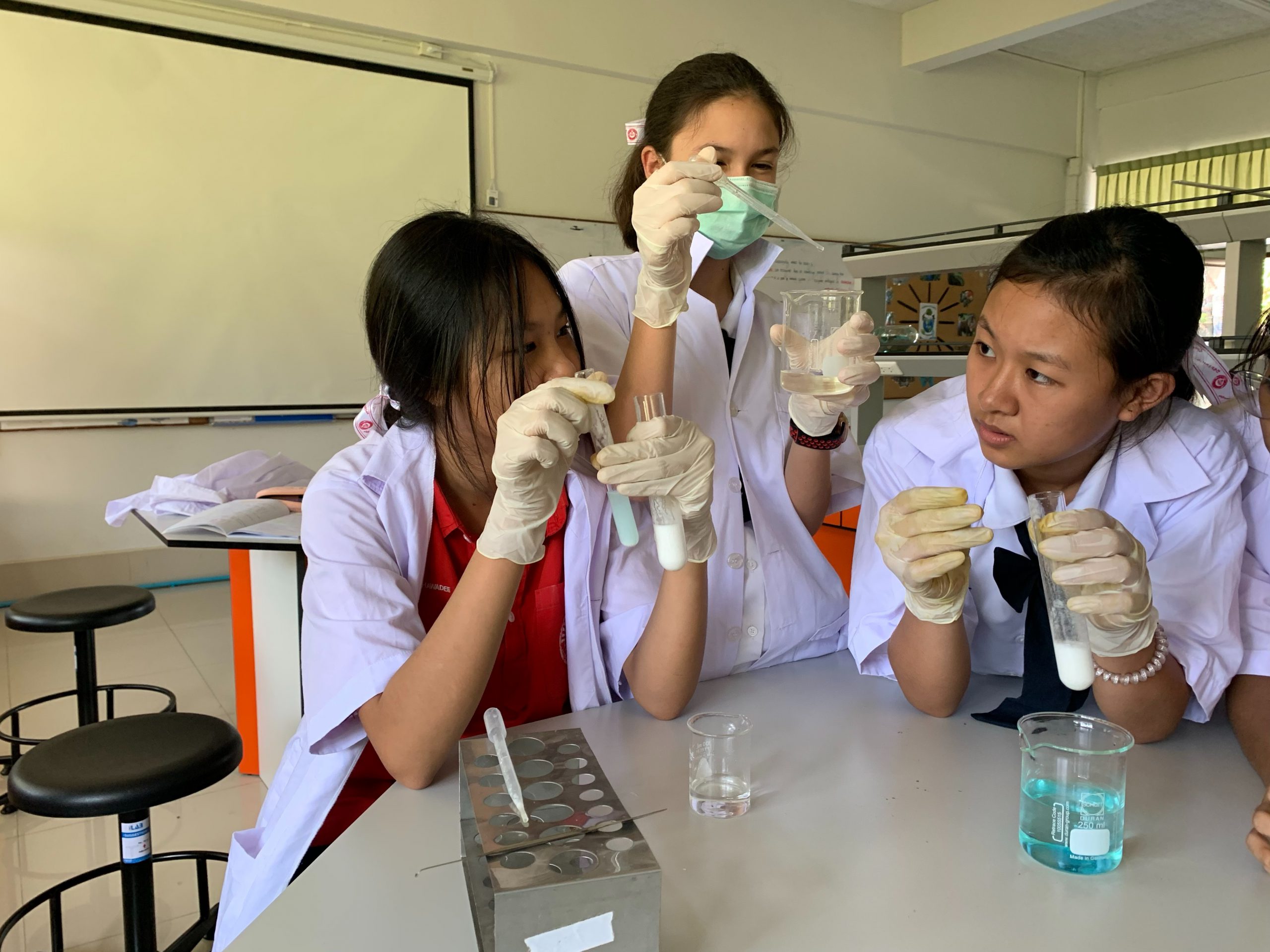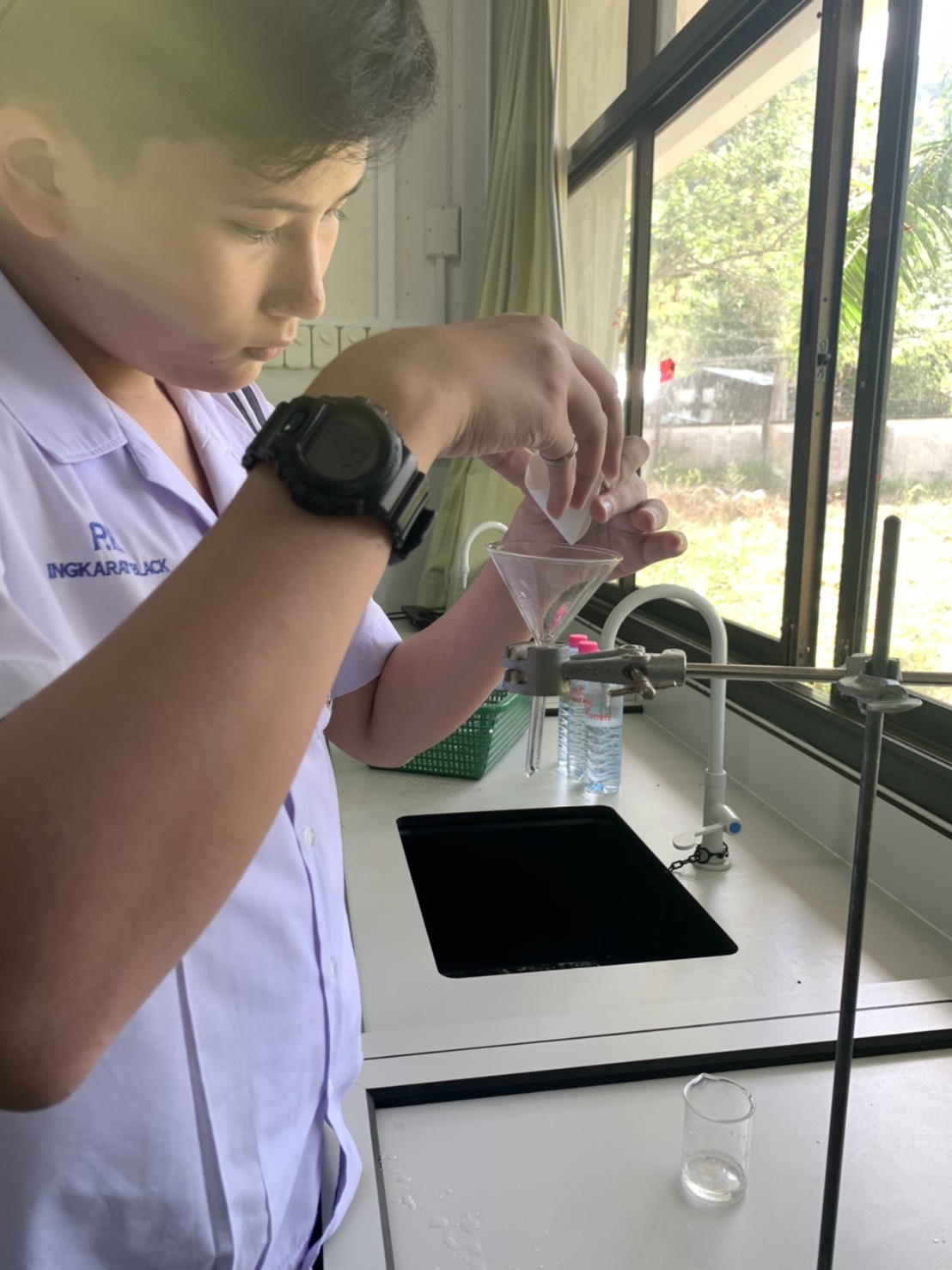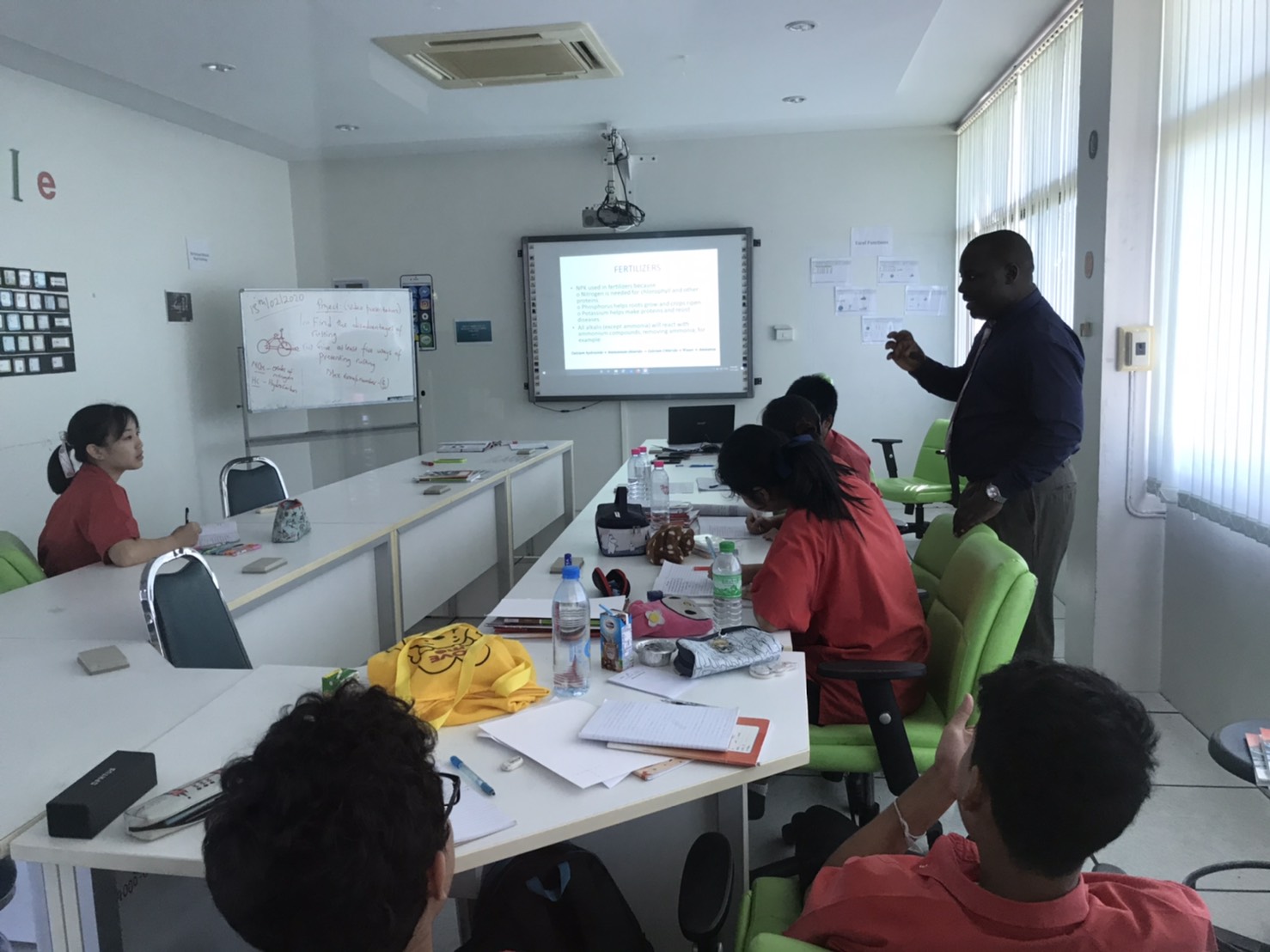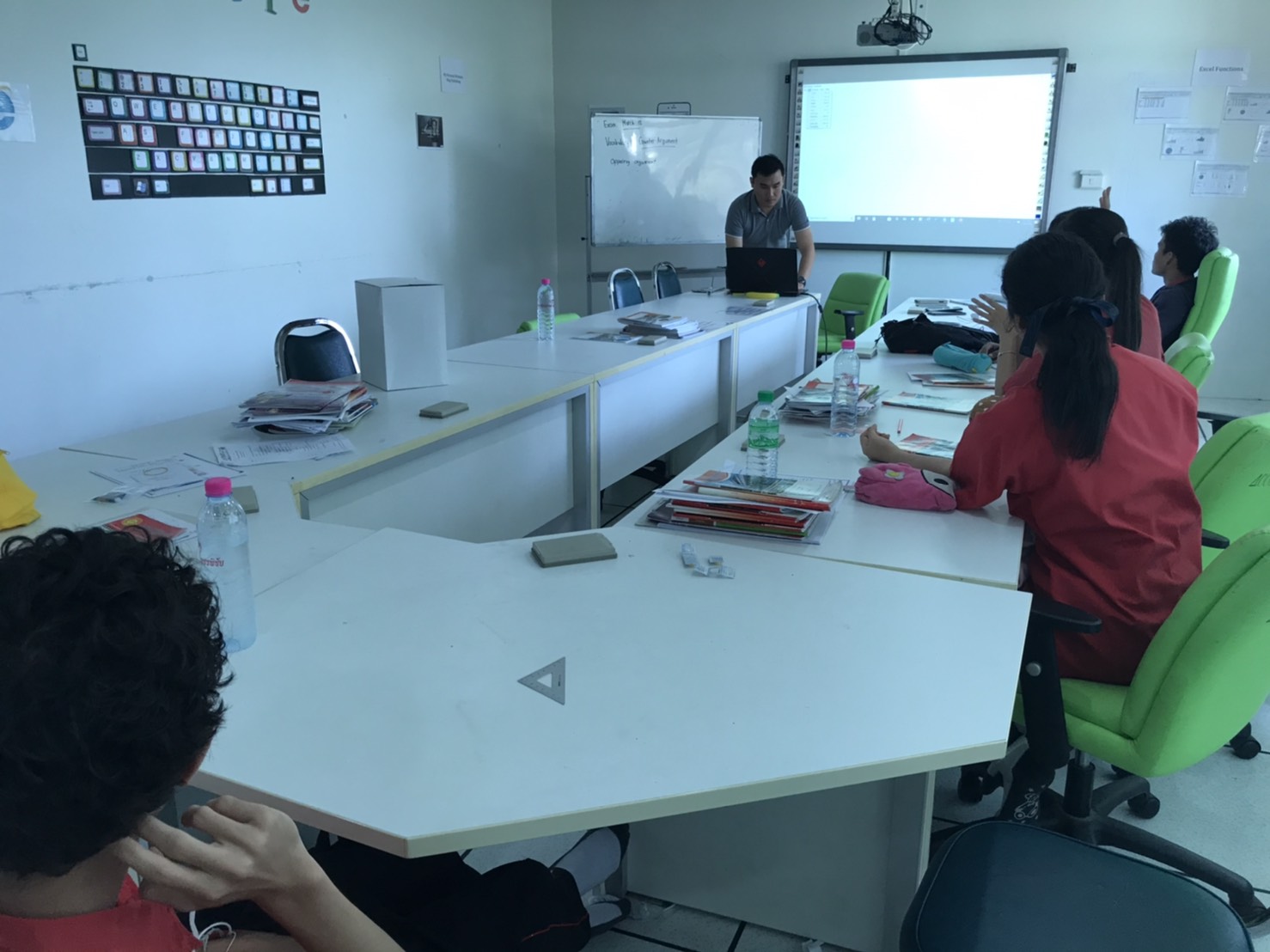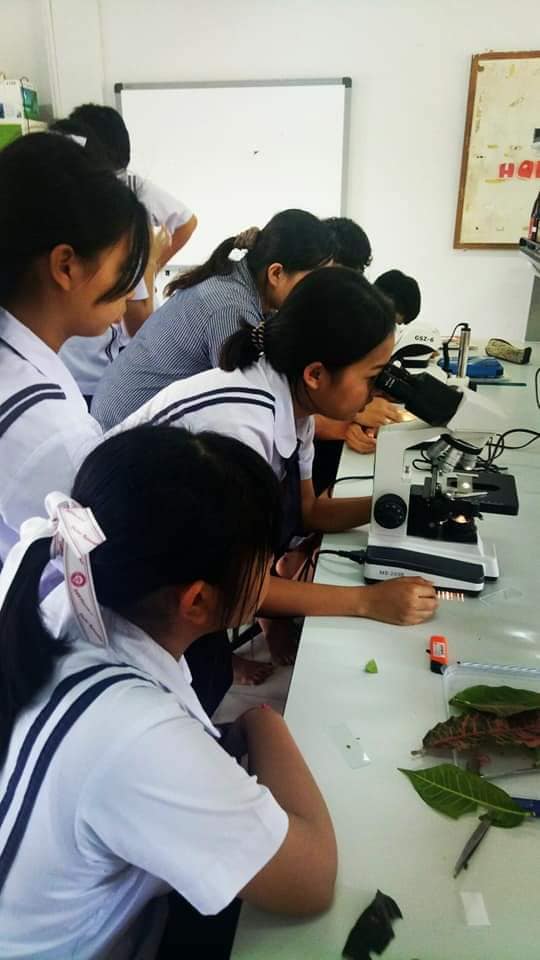Cambridge IGCSE is the world’s most popular international qualification for 14-16 year old. Not only is it international – it gives students more options than any other international qualification. That means more subjects to choose from, more ways to learn and more ways to succeed.
Curriculum
Cambridge IGCSE offers a flexible curriculum, with a choice of over 70 subjects in any combination.
Qualification
Assessment takes place at the end of the course and includes written, oral, coursework and practical assessment.
Recognition
Leading universities and employers worldwide accept Cambridge IGCSE as evidence of academic ability.
Subjects
MATH
Cambridge Upper Secondary is typically for learners aged 15 to 18 years. We offer IGCSE route in our programme.
Cambridge Upper Secondary builds on the foundations of Cambridge Lower Secondary, although learners do not need to complete that stage before this one.
Cambridge IGCSE provides broad and balanced study across a wide range of subjects, using learner-centred and enquiry-based approaches to learning.
Learners take internationally recognised Cambridge IGCSE Level qualifications at the end of Cambridge Upper Secondary.
ESL
Cambridge IGCSE English as a Second Language offers learners the opportunity to develop practical communication skills in listening, speaking, reading and writing. Learners will be presented with a variety of stimuli that will build up their skills in reading and writing. Cambridge IGCSE English as a Second Language will enable learners to become independent users of English, and to be able to use English to communicate effectively in a variety of practical contexts.
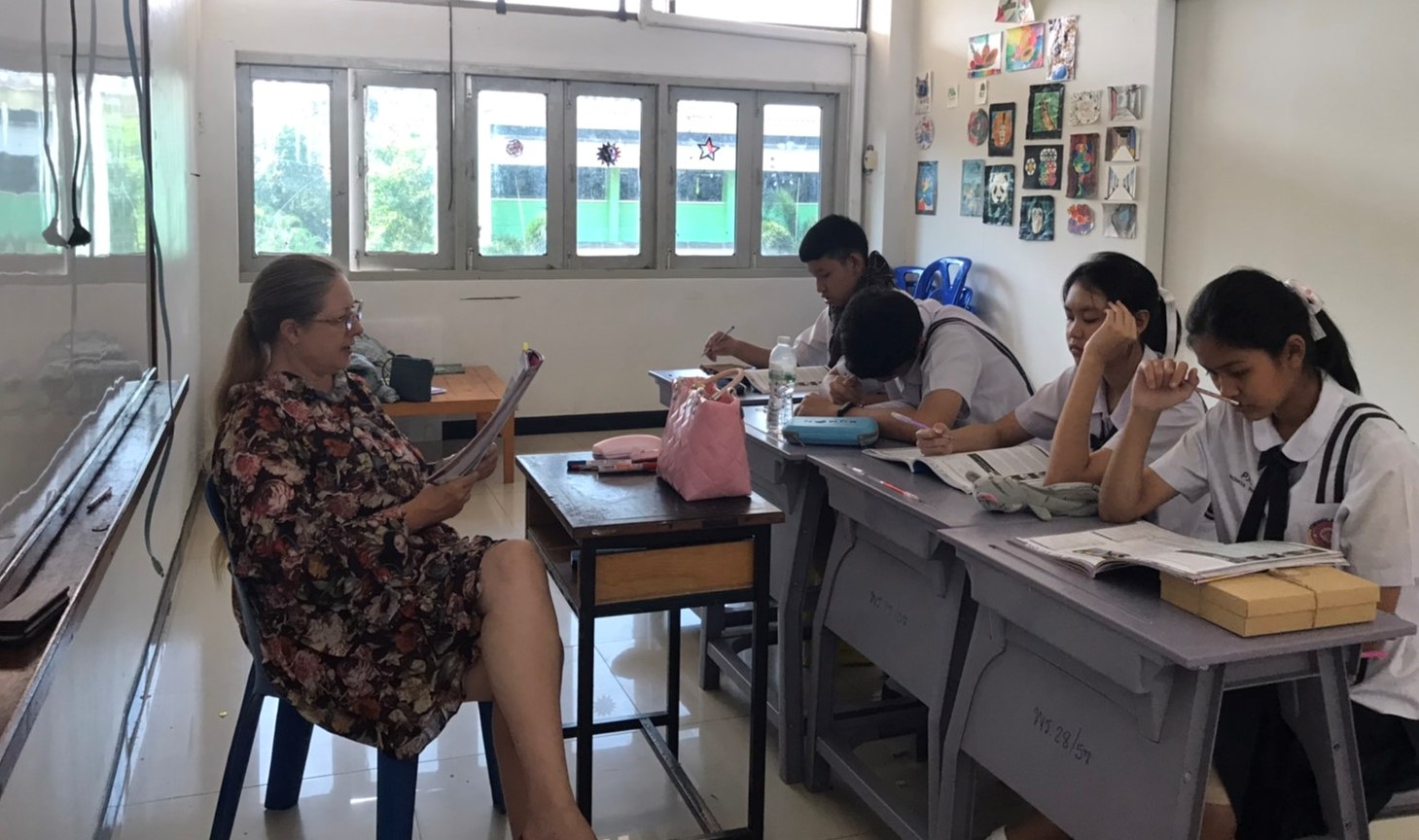
Young people face unprecedented challenges in an interconnected and information-heavy world, not least in how they will gain a sense of their own active place in the world and cope with changes that will impact on their life chances and life choices.
Candidates explore stimulating topics that have global significance. They learn to collaborate with others from another culture, community or country. They assess information critically and explore lines of reasoning. They learn to direct their own learning and develop an independence of thought.
Students starting Year 10 follow the Cambridge IGCSE Physics course. This is a single award course that covers the traditional areas of Physics and its application. The course consists of the following topics: General Physics; motion; density; mass and weight; forces; moments; equilibrium; center of mass; scalars and vectors; energy, work done and power; energy resources; kinetic theory; evaporation; pressure; thermal properties; the transfer of heat; temperature; waves; light; sound; the electromagnetic spectrum; wave properties; lenses; magnetism; electricity; electromagnetism; circuit components; digital electronics; the motor effect; the dynamo effect; the transformer; atomic physics and radioactivity. Alongside the theoretical section of the course, there is a strong practical aspect. Experimentation is a major part of the subject and occurs throughout the two years of the course. Through this, students will learn essential skills as well as acquiring the ability to plan; execute and evaluate experiments.
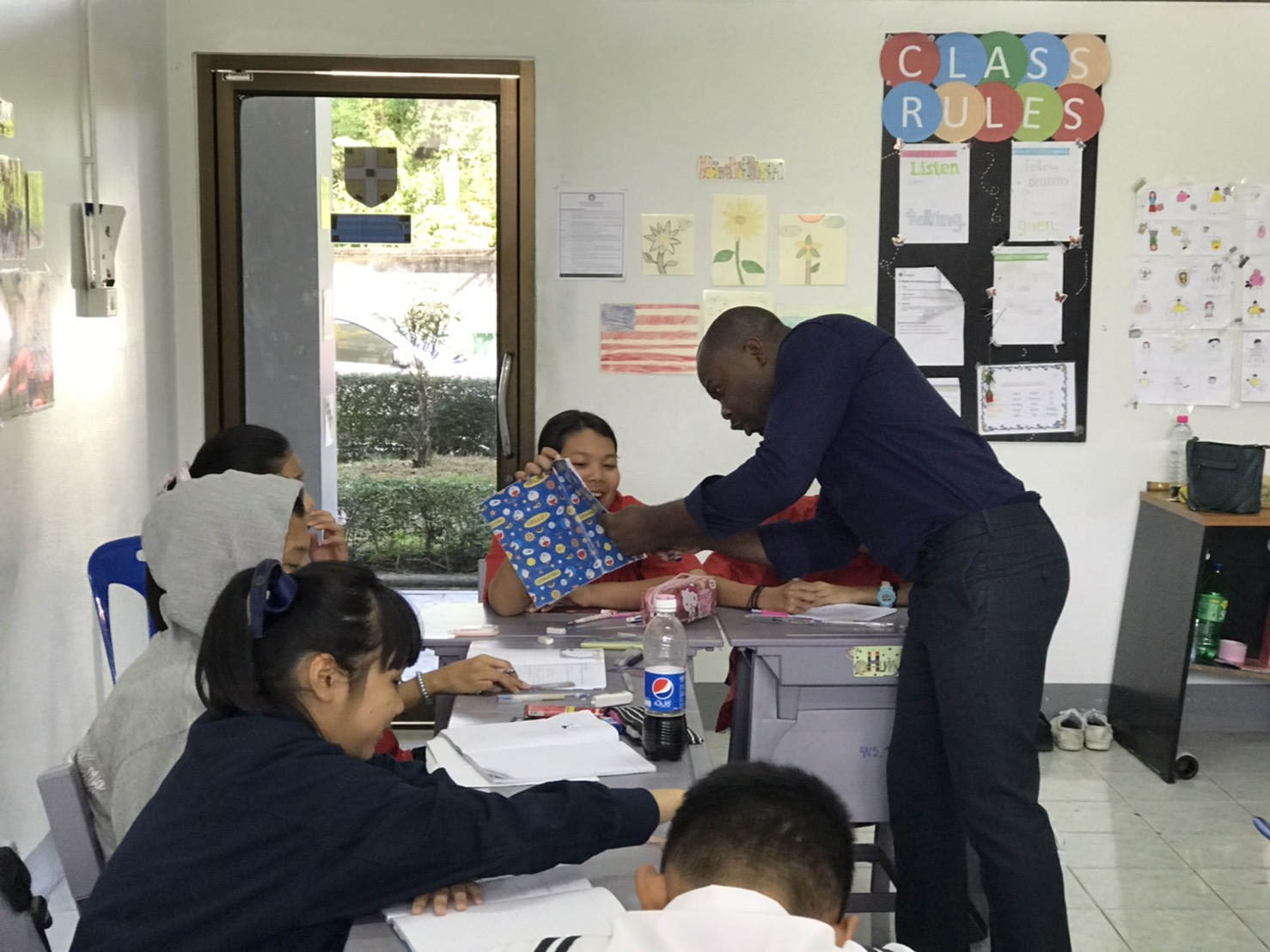
The Information Communication Technology course combines theoretical and practical studies focusing on the ability to use common software applications, including word processors, spreadsheets, databases, interactive presentation software, e-mail, web browsers and website design. Students will develop a greater awareness of how applications are used in the workplace, and consider the impact of new technologies on methods of working and on social, economic, ethical and moral issues. The skills learnt will be useful to them in their work across the curriculum, and will prepare them for future employment.
Sociology helps learners explore aspects of social relationships, processes and structures. This help them develop a greater understanding of human societies and the role of continuity and change in social life. Learners are encouraged to evaluate critically a variety of different social, economic and political structures, thereby learning more about the sociological method, and developing an ability to assess different forms of information and evidence. Through active class activities, learners are able to develop sociological knowledge and understanding to the analysis of their own lives and their participation in society.
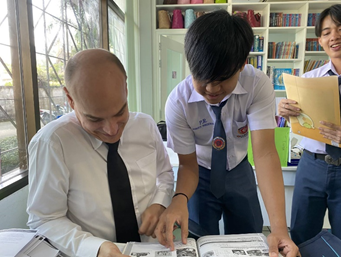
Enables learners to understand the technological world in which they live, and take an informed interest in science and scientific developments. Learners gain an understanding of the basic principles of Chemistry through a mix of theoretical and practical studies. They also develop an understanding of the scientific skills essential for further study at Cambridge International A Level, skills which are useful in everyday life.
As they progress, learners understand how science is studied and practiced, and become aware that the results of scientific research can have both good and bad effects on individuals, communities and the environment.
Is designed to teach learners about sustainable development in a world where the security of resources and life-sustaining systems is endangered by human impact. It draws upon disciplines such as biology, Earth science, geography and economics.
Learners gain an understanding of the Earth’s natural systems and how people use natural resources; they then investigate the impact of human development on the environment and learn how the environment can be managed sustainably in the future, from a local as well as a global perspective.
Cambridge IGCSE Combined Sciences gives learners the opportunity to study Biology, Chemistry and Physics, each covered in separate syllabus sections. It is a single award qualification, earning one grade. Learners gain an understanding of the basic principles of each subject through a mix of theoretical and practical studies, while also developing an understanding of the scientific skills essential for further study.
They learn how science is studied and practised, and become aware that the results of scientific research can have both good and bad effects on individuals, communities and the environment. As well as focusing on the individual sciences, the syllabus helps learners to understand the technological world in which they live, and take an informed interest in science and scientific developments.

